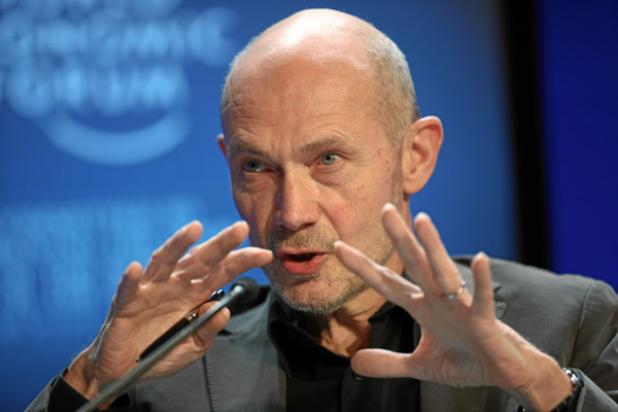
Former Director General of the World Trade Organisation (WTO), Pascal Lamy.
BUSINESS MONDAY: No more special treatment
SPECIAL and Differential Treatment (SDT) – one of the demands Barbados and other developing countries have been pressing for within the Global Round of trade negotiations – will no longer be considered.
That’s because it will no longer be part of the trade agenda going forward.
SDT was promoted by developing countries, mainly the Small and Vulnerable Economies (SVEs) in the World Trade Organisation (WTO), to get more favourable terms of trade; better market access for their goods and services into developed country markets; support for trade in the form of Aid for Trade; longer phase-in times for liberalising and for implementing WTO agreements; and among other things ensure that the global trade round had a development component to it so as to benefit SVEs.
Former Director General of the WTO, Pascal Lamy, has revealed the shift, noting that SVEs which include this region, will have to look for new approaches to trade simply because the old ways are gone.
“You have to take a fresh look at the complex relationship between development and trade,” said Lamy, who recently gave the inaugural Henry Gill Memorial Lecture. Gill was head of the then Caribbean Regional Negotiating Machinery (CRNM).
Lamy told his audience, which included Barbados’ former Trade Minister, Dame Billie Miller; and Dr. Richard Bernal, who headed the CRNM before Gill, that this new world trade in his view is substantially different from the old one.
He said that one of the reasons countries have to reset their trade agenda is that the world has changed, and so too have the obstacles to trade.
“Whereas in previous times in the old world, there was a willingness by countries to protect their producers from foreign competition, we are now in a world where obstacles to trade have a different nature,” said Lamy.
He said that the shift has gone from trade protection to trade precaution. According to him, “Protection is when you protect your producers from foreign competition, precaution is when you protect your people from risk.”
Trade precaution, he told the audience, is when a country’s people, its citizens, its consumers are protected from risk which includes safety, food security, and the environment.
According to him, the level of precaution is on the rise in several countries – starting with the richer ones – and it is a structural phenomenon.
The trade specialist also highlighted the fact that, unfortunately, a large number of trade theorists have not really grasped the changes.
The lecture was organised by the Institute of International Relations at the University of the West Indies, Trinidad and Tobago, and the Shridath Ramphal Centre at the UWI, Cave Hill.
